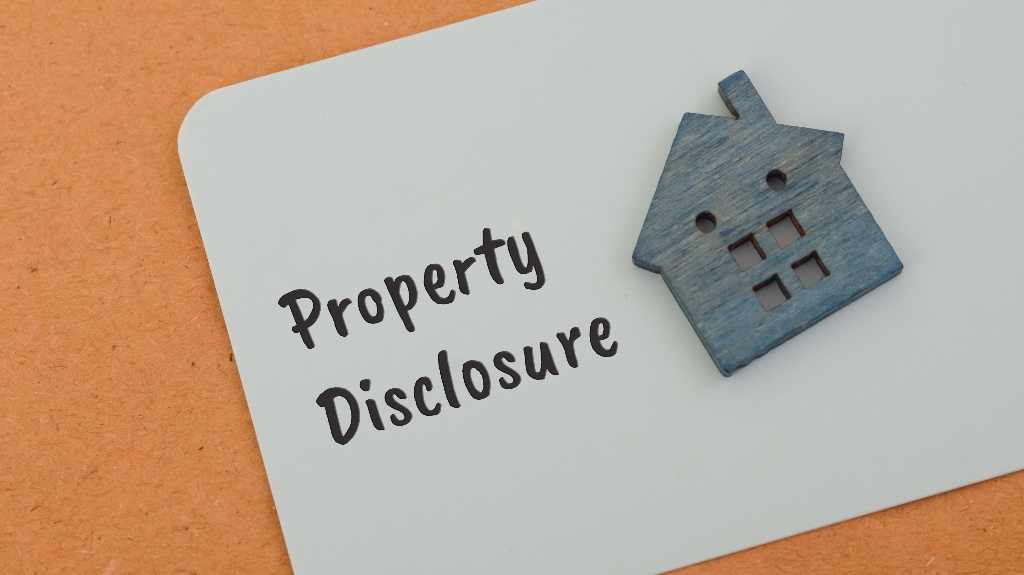
Buying property can be an emotional and stressful time. People are hoping to get a fair deal for their money, but can easily overlook significant issues in their excitement and rush to meet closing deadlines. Minnesota requires residential property sellers to fill out a disclosure form to provide the buyer with a complete and accurate picture of the property’s condition, but sellers can claim ignorance of any issues.
It’s important to read through the property information provided and to be alert for issues common in Minnesota (including radon gas and flooding) as well as phrases that suggest more investigation is called for. A real estate attorney can guide buyers through the process, pointing out potential issues that merit further research. Due diligence and a thorough inspection before closing can save a lot of headaches and even legal costs after the sale has concluded.
Watch for Theses Loopholes in Minnesota Property Disclosures
Minnesota property sellers must complete a disclosure form unless both parties agree to waive the requirement. It should include “… material facts of which the seller is aware that could adversely and significantly affect an ordinary buyer’s use and enjoyment of the property, or any intended use of the property of which the seller is aware.”
State law says the seller must provide information to the buyer but relies heavily on honesty for an accurate accounting of the property’s condition. If the buyer purchases the property and then finds significant issues, it falls on the buyer to prove that the seller intentionally misrepresented the facts.
In Section B of the seller’s form, labelled “optional and supplemental disclosures,” the seller is provided a long list of individual items to describe, such as:
- Age of the roof,
- History of flooding,
- Evidence of pests or history of pest control measures,
- Whether the heating system is in good working order, and
- Descriptions of renovations.
Despite these efforts to elicit information, some sellers claim to be ignorant of the property’s condition. Perhaps they never lived there, or didn’t keep any records of repairs and issues, or relied on a third party to handle repairs. A buyer should do more than trust the seller’s disclosure information.

Language to watch for:
- Omissions. If one section is detailed but another is vague, ask questions or delve deeper through an inspection. For instance, if the seller says they don’t know if the home is within a floodplain, go to the city or county records office to find out, and ask for other records on the property as well.
- Repair history. If the seller discloses that many parts of the home have required significant repairs, it’s possible there was a catastrophic event, history of neglect, or shoddy workmanship.
- Mismatched information. If the seller claims they lived on site but disclose no knowledge of the home’s condition or repairs, more investigation is warranted.
- DIY work. If it’s unclear which repairs or renovations were done by professionals and which were done by the homeowner, ask. A little research can reveal if building permits were opened and if inspections were conducted to ensure that the work met state building code standards. Request records and receipts from the seller.
Red flags on the seller’s disclosure can be solid reasons to walk away from a purchase. For instance, if you saw evidence of water stains on ceilings when you visited the property but the owner says in the disclosure that there are no water leaks, other information they provide is likely to be unreliable too.
Know Your Rights as a Buyer of Minnesota Real Estate
Minnesota real estate buyers are encouraged to hire a qualified inspector, examine public records, and request additional information from the seller to make a well-informed decision about a purchase. Buyers may also consult with an experienced real estate attorney from Waypoint Law PLLC to negotiate issues and ensure they are treated fairly in the process.
Minnesota law allows for a two-year recission period for buyers to seek legal recourse for intentional misrepresentation from sellers. Consult with Waypoint Law to determine your best course of action.
